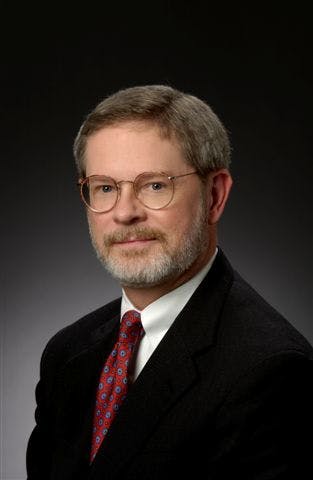By John E. Thompson
A few readers were surprised by our April 4 post’s caution (Unpaid Interns at Non-Profits: Is Having Them “Volunteer” a Better Option?) that, in some scenarios, a volunteer performing work for a federal Fair Labor Standards Act-covered non-profit organization might be an “employee” subject to that law’s compensation requirements.
One observed that many non-profits are staffed in whole or in part by volunteers and described a longstanding sector-wide impression that non-profits may use volunteers for work with what the commenter described as “near-complete liberty.”
FLSA principles do not as a general proposition prevent non-profits from using non-employee volunteers under the right circumstances. But, whatever the conventional wisdom or prevailing practice might be, one should not simply assume that non-profits may do so with near-complete liberty.
As the U.S. Department of Labor says (in Section 10b03(a), of its Field Operations Handbook, October 10, 1993):
There is no special provision in the FLSA which precludes an employer-employee relationship between a religious, charitable or nonprofit organization and persons who perform work for such an organization.”
There are far too many different factual settings in which the FLSA’s principles might be in play to articulate a one-size-fits-all rule about non-profit volunteerism. Our point is that at least some such situations might well involve FLSA-covered employment, so it is wise to keep this possibility in mind.
And remember that, until relatively recent times, the conventional wisdom also was that unpaid internships presented no potential FLSA problems.
This was originally published on Fisher & Phillips’ Wage and Hour Laws blog.
